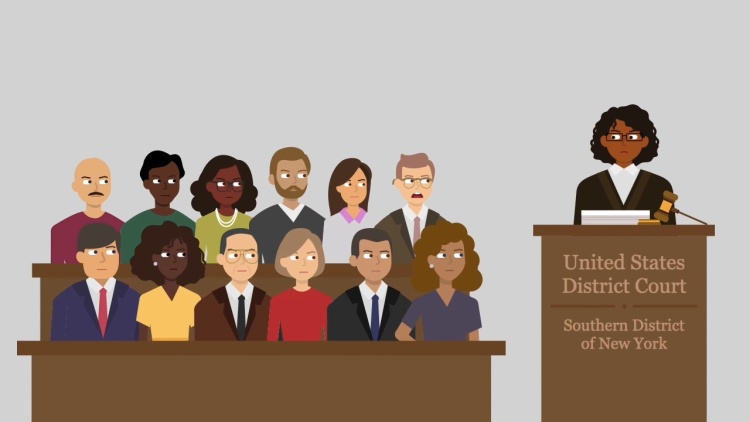United States v. Schultz
United States Court of Appeals for the Second Circuit
333 F.3d 393 (2003)

- Written by Eric Cervone, LLM
Facts
Frederick Schultz (defendant) was a successful art dealer in New York City. Between 1991 and 1996, Schultz and Jonathan Parry purchased a number of Egyptian antiquities from individuals in Egypt. Schultz and Parry brought the antiquities into America for resale, smuggling the antiques out of Egypt disguised as cheap souvenirs. Schultz was indicted in federal district court for conspiring to receive stolen antiquities through interstate and foreign commerce, in violation of the National Stolen Property Act (NSPA), 18 U.S.C. § 2315. Schultz’s indictment under the NSPA was rooted in his alleged violation of Egypt’s Law 117, which concerned the protection of antiquities. Schultz moved to dismiss the indictment on the ground that he had not violated Law 117. Schultz alleged that (1) Law 117 did not vest true ownership rights over the antiquities to the Egyptian government and (2) even if Law 117 did intend to vest true ownership of all antiquities with the Egyptian government, this form of ownership should not be recognized by the United States. Schultz based his second argument on the Convention on Cultural Property Implementation Act of 1983 (CPIA), 19 U.S.C. §§ 2601-13. Schultz’s motion was denied, and he was convicted by the trial court. Schultz appealed.
Rule of Law
Issue
Holding and Reasoning (Meskill, J.)
What to do next…
Here's why 907,000 law students have relied on our case briefs:
- Written by law professors and practitioners, not other law students. 47,100 briefs, keyed to 996 casebooks. Top-notch customer support.
- The right amount of information, includes the facts, issues, rule of law, holding and reasoning, and any concurrences and dissents.
- Access in your classes, works on your mobile and tablet. Massive library of related video lessons and high quality multiple-choice questions.
- Easy to use, uniform format for every case brief. Written in plain English, not in legalese. Our briefs summarize and simplify; they don’t just repeat the court’s language.







